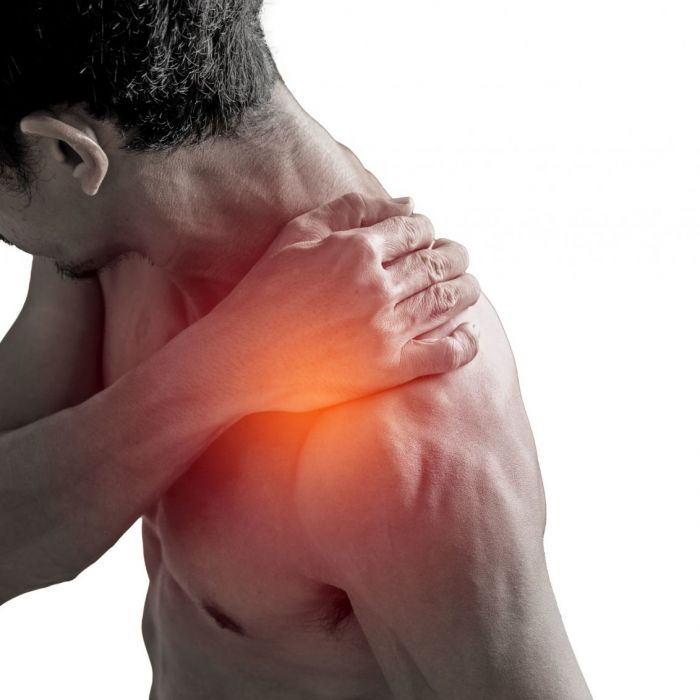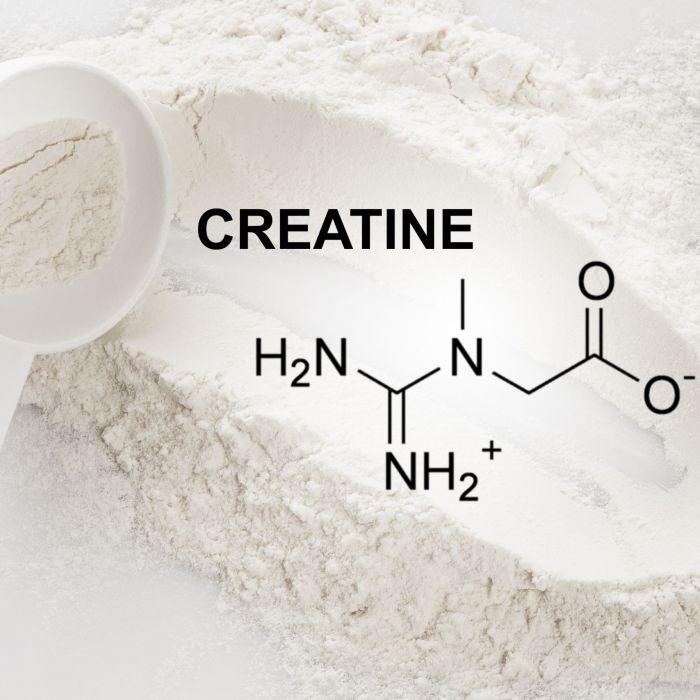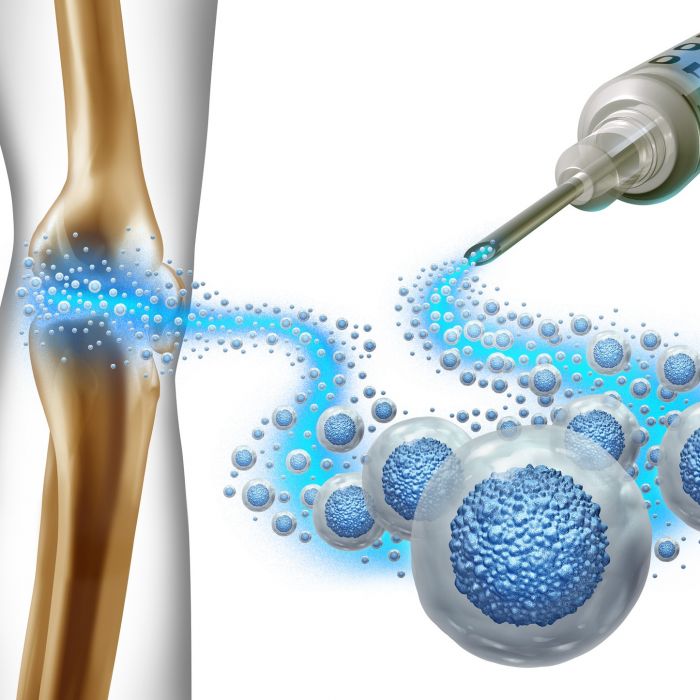As men age, hormonal changes become a natural part of life. For many, these shifts remain subtle and don’t necessarily cause any problems. But for others, hormonal imbalances can trigger a variety of health concerns, particularly in the realm of sexual health. Let’s look at some common hormonal imbalances and disorders that men might encounter, especially as they get older.
Testosterone Decline (Low-T)
The most well-known hormonal shift in men is the gradual reduction in testosterone levels, sometimes referred to as “andropause” or “male menopause.” Signs and symptoms include reduced sexual desire, erectile dysfunction issues, fatigue, mood disturbances, decreased muscle mass, increased body fat, and reduced bone density.
Aging is a primary factor in testosterone decline. However, certain medical conditions like type 2 diabetes, obesity, chronic liver or kidney disease, hormonal disorders, and certain genetic conditions can also contribute.
Testosterone replacement therapy (TRT) can help. Lifestyle changes, such as a balanced diet, regular exercise, and adequate sleep, can also be beneficial.
Hypogonadism
This is a condition where the testes do not produce enough testosterone. Symptoms are similar to testosterone decline, but can also include reduced testicle size, hot flashes, and breast tenderness.
Hypogonadism can be primary (a problem with the testes) or secondary (a problem with the pituitary gland or hypothalamus). Potential triggers include chemotherapy, radiation, trauma, infections, or genetic disorders. Depending on the cause, TRT, pituitary hormones, or other treatments may be recommended.
Hyperprolactinemia
This disorder involves an overproduction of prolactin, a hormone produced by the pituitary gland. Elevated prolactin levels can interfere with testosterone production. This can cause reduced libido, erectile dysfunction, infertility, and occasionally breast growth or milk production (galactorrhea).
There are several causes of hyperprolactinemia, including pituitary adenomas (benign tumors), certain medications, thyroid disease, or kidney disease. Treatment often involves addressing the underlying cause, such as surgery for adenomas or adjusting medication.

Thyroid Disorders
Though more commonly associated with women, thyroid disorders can impact everybody, particularly hypothyroidism in men. The thyroid produces hormones that regulate metabolism, energy, and body temperature. But problems such as autoimmune conditions, iodine deficiency, or thyroid surgery can result in an overactive or underactive thyroid.
For hypothyroidism (underactive thyroid), symptoms include fatigue, weight gain, and depression. Hyperthyroidism (overactive thyroid) can cause weight loss, heat intolerance, and tremors. Hormone replacement therapy is a popular treatment for hypothyroidism; while anti-thyroid drugs, radioactive iodine, or surgery may be necessary for hyperthyroidism.
Adrenal Disorders
The adrenal glands produce various hormones, including cortisol. Adrenal disorders – typically caused by autoimmune disease, infections, or tumors – can disrupt this production. Adrenal insufficiency can lead to fatigue, weight loss, and low blood pressure. Overproduction can cause high blood pressure, rapid weight gain, and muscle weakness. Treatment recommendations include hormone replacement for insufficiency and medications or surgery for overproduction.
Growth Hormone Imbalance
While often associated with children, growth hormone is essential for adults too. It regulates body composition, muscle and bone growth, and metabolism. Insufficiency in adults can lead to fatigue, anxiety, and reduced muscle and bone mass. Overproduction can cause enlarged hands and feet, facial changes, and joint pain. Growth hormone therapy is recommended for insufficiency, while surgery, radiation, and medications may be necessary for overproduction.
Seek Medical Attention
Hormonal imbalances in men, especially as they age, can significantly impact sexual health and overall well-being. Recognizing these disorders and their symptoms can pave the way for effective management. It’s essential for men to have regular medical check-ups, discuss any symptoms with a healthcare provider, and maintain a healthy lifestyle to promote hormonal balance.
If you think you may be impacted by hormonal imbalance please contact us today to schedule a free, no obligation consultation.








